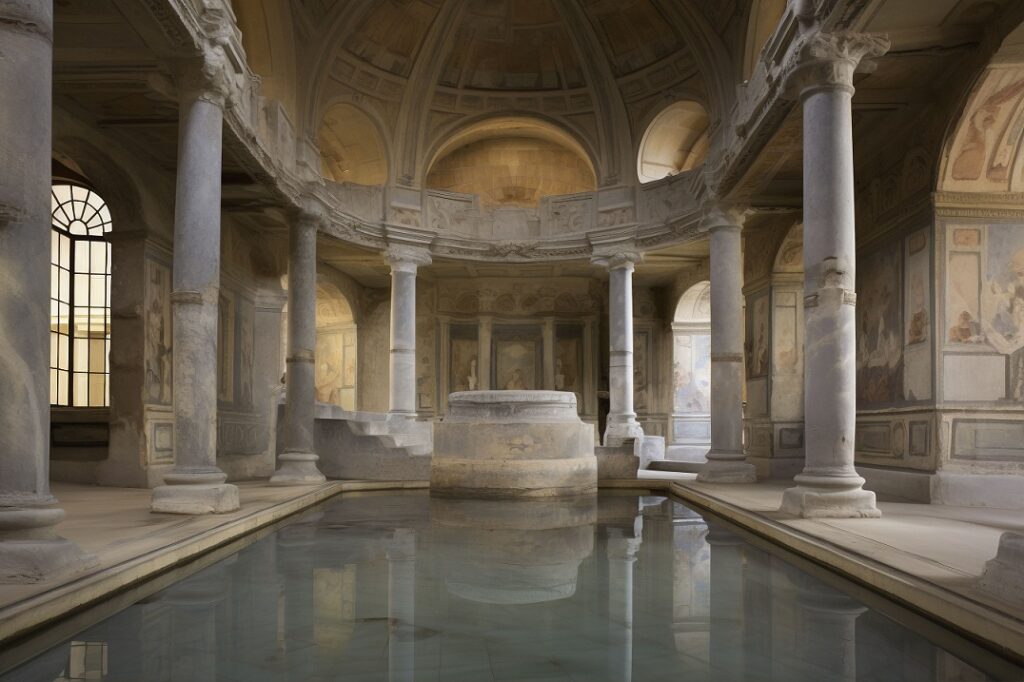In our Mediterranean and Western tradition we have numerous antecedents of specific cultures and then also of people, who were pioneers when it came to methodologically addressing conflict resolution through mediation or techniques that we would include in it today.
A journey through the history of mediation
For example, in the ancient greek tradition The figure of «synteresis«, a mediator who intervened in disputes and tried to find equitable solutions between the parties.
But not only in Greece, also in ancient Rome We found that in the legal system there was something that has survived to this day, the «judices pacis» (the justices of the peace), who were individuals appointed to mediate civil disputes before they were taken to trial.

Another great and long period of the different civilizations that passed through our country is the Islam. Its jurisprudence applied at that time in Andalus included the concept of mediation, called «sulh" in Arabic, where parties are encouraged to resolve their disputes through mediation.
The turbulent Middle Ages of the Peninsula gave different terms that remind us of those first pioneers of this period. For example, in the Arabic part the term “alfaqueque", with its namesake in Catalan ““mostolaf” and Aragonese “Exea”, which called the professional who was dedicated to mediating between the Christian and Muslim armies of the peninsula. Even history has given us great names like the Jew from Jaen Hasday ibn Shaprut, paradigm of mediation and currently the name of an award in the city of Córdoba
In the Christian part we also have examples such as the «friendly composers» who acted as mediators in disputes between neighbors or communities or, for example, certain religious orders such as the trinitarian brothers that come to us from that time with the idea of mediating and liberating people in times of war.

Farther from us in the ancient east We have the case of Confucius (551-479 BC). This Chinese philosopher promoted social harmony and advocated resolving disputes through of dialogue and negotiation, developing a series of guidelines for mediation.
But if you want us to talk about proper names of our modern age whose contribution has been very notable and that every mediator should at least know, they would be at least this people:
One is Mr. William Ury (born 1953): Co-author of the book “Getting to Yes.” This author is very well-known for his contributions to the field of negotiation and mediation.

And also John Paul Lederach (born 1945): A conflict resolution theorist and practitioner. Lederach has worked in conflict areas around the world and has influenced the development of international mediation.
Here you have it, civilizations and pioneers who argue the need of our days, to implement the civil, family, commercial field and above all in our time, in the migratory field, this strategy in conflict resolution that can help in the social cohesion of societies subject to the tensions inherent to globalization.
Take the step towards professional mediation
If you want to become a top mediator and be part of the history of mediation, then you have to join the International Mediation School.
Through our training, you will be able to respond to the professional challenges that arise on a daily basis as well as have the skills and knowledge necessary to resolve conflicts peacefully and leave your mark.
Don't miss the opportunity to be part of the future of mediation. Reserve your place! We are waiting for you in our classrooms.




